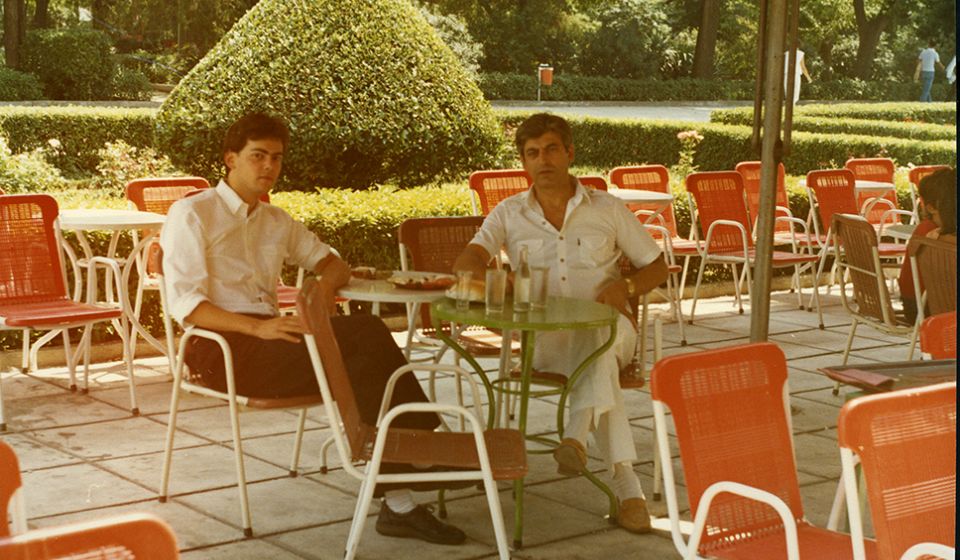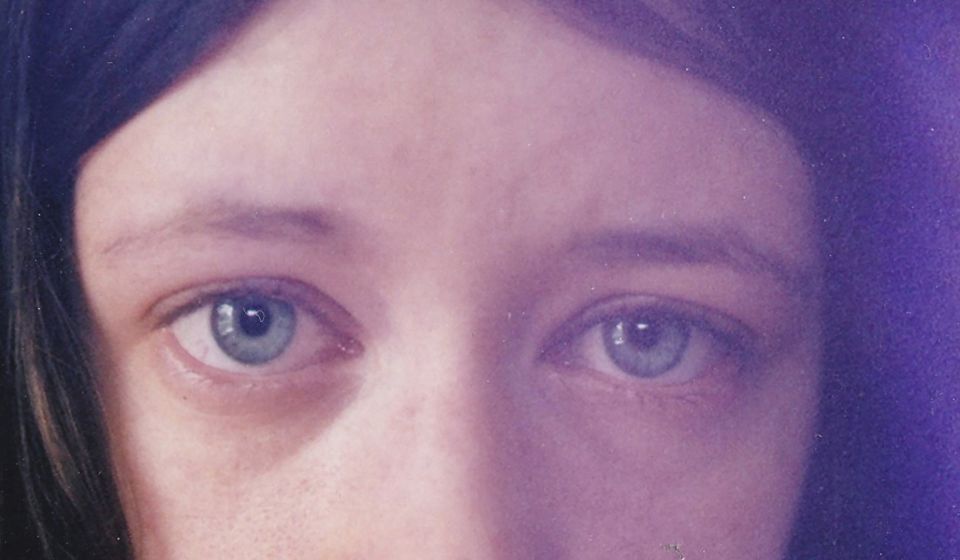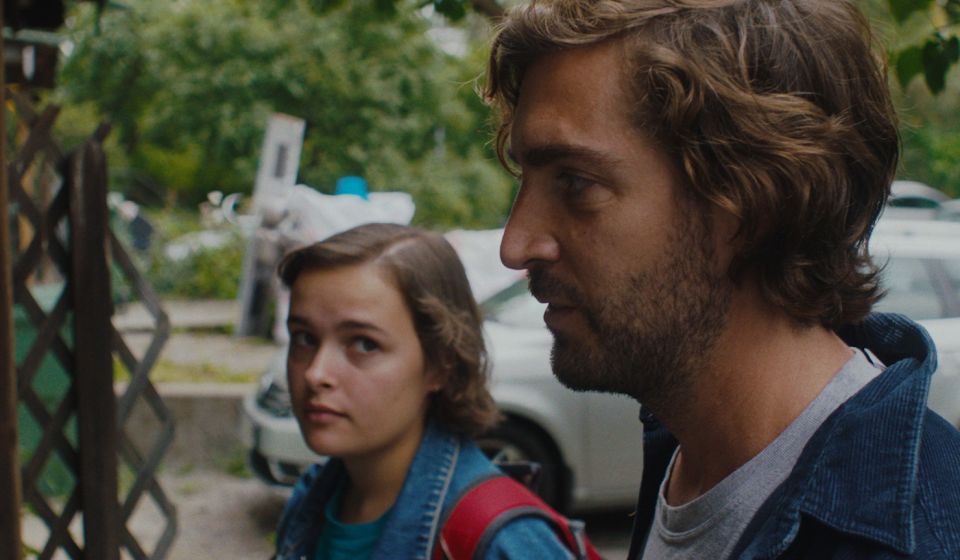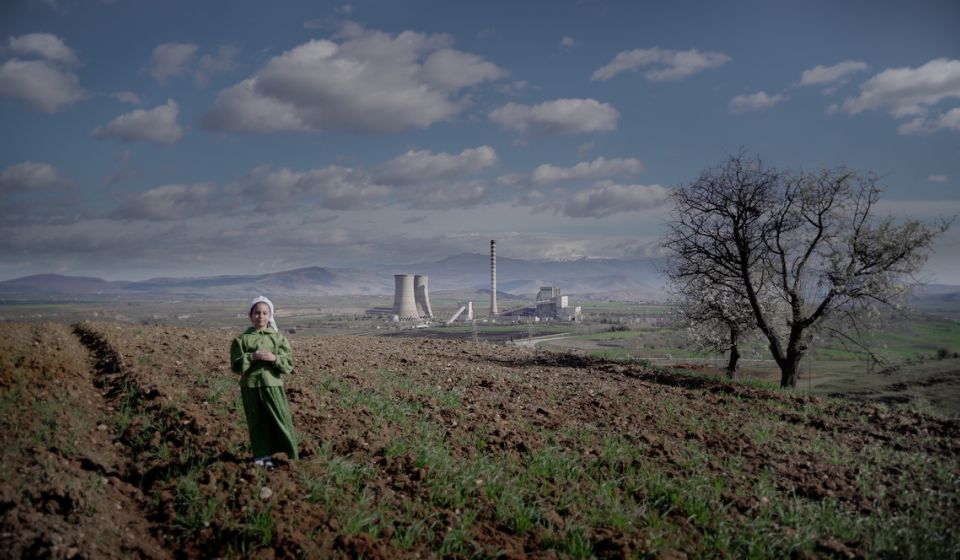Program overview: Uppsala National Competition, Slot 1
The first batch of films in the national competition of the Uppsala International Short Film Festival, happening physically and online as well this year, was marked by the inter- and intrapersonal human relationships. While the two films reviewed separately, Julia Thelin’s Little Olle and Jakob Marky’s Midas. are more focused on the relationship a person has with oneself, regarding sexuality in the first example or regarding the attitude towards the changes occurring over the course of life in the second, the others have more of the direct environment in mind. Another difference between the forementioned films and the rest of the titles is in their tone: the unpleasantness of internal conflict in the two films is presented through absurdist and surreal humour, while the others take different, more “serious” approaches.
For instance, Mikael K. Nilsson’s We Should Have a Movie is the filmmaker’s quest to completely realize his own dual identity and is presented in a documentary form. It is mainly composed of the archival footage: home videos, still family photos and old hand-drawings, rapidly edited to match Nilsson’s motormouth narration with a special attention dedicated to the sound design that works as a dramaturgical device. The principal topic of the film is the relationship between the filmmaker and his Greek father who had his own firm reasons to leave the life in Sweden behind.

Film still from “We Should Have a Movie”. Courtesy of Uppsasla Kortfilmfestival 
Film still from “Memories”. Courtesy of Uppsala Kortfilmfestival
Another family-minded, autobiographical documentary is Kristin Johannessen’s work Memories in which she deals with her obsessive compulsive disorder and its manifestations, affecting everything in her life and everybody in her immediate surroundings. The title’s connection with the film’s content is revealed half-way through: the filmmaker has forgotten her own rituals and attitudes from the past even though she was filming herself constantly while insisting on them. When Johannessen does not have the home video material to match her narration, she illustrates it by the way of simple and effective narration, making her film an interesting insight into the mechanics of a differently wired mind.
The mechanism of “sanity” and fragility of mind affecting each other is the topic of Theodor Solin’s short fiction film Day Trip. This time, however, it is the other way around: the “sane” person is the one to blame for the hardships of a fragile one. All the teenage girl Bobbo (Miriam Ingrid) wants is an excursion to the flee market. She might or might not have special needs, but her caregiver Carl (Carl Kumlin) is running the scam operation of presenting her in order to collect the donations for the likely fake humanitarian organization that allegedly provides the sports activities for the special needs youth. When Carl breaks his promise and his operation is exposed later on, it drives a huge rift between the two and the consequences might be dire. Well written by Solin, shot in the boxy 4:3 ratio by the DoP Zoë Que and well acted, Day Trip is a completely solid piece of cinematic work.
The other fiction short, Jennifer Rainsford’s Lake on Fire, is an example of the excessive style trying to mask substance filled with philosophical concepts that are hard to describe in words and even in images. The elliptical dialogue reveals the science fiction concept in the film’s core: the things we see can be figments of the characters’ imagination made to be reality by the AI device. The couple in the centre of the film, however, has to deal with its difficult past and uncertain future. Lake on Fire looks terrific, thanks to Rainsford’s own cinematography and Niels Frieden’s visual effects and colouring, while the ultra-wide Cinemascope makes it suitable for big screen only.

Film still from “Day Trip”. Courtesy of Uppsala Kortfilmfestival 
“By the Powerplant”, film still. Courtesy of Uppsala Kortfilmfestival
One of the personal favourites is, however, a simply constructed documentary that succeeds in presenting philosophical concepts and real world dilemmas. By the Powerplant, directed by Per and Pelle Wichmann, is a series of interviews with different people in different countries, filmed with fixed camera, using the powerplants that are about to be closed as the background. The people communicate their fears, wishes and the things that they find the most important in their lives, with one question that is always looming over their heads: Can the industrial and economic progress be sustainable nature-wise? The highlight of the film are the shot compositions in which the people are placed between the nature (the green grass) and the industry (the plants in the background), making By the Powerplant more than an interesting opener for an extended debate.
















